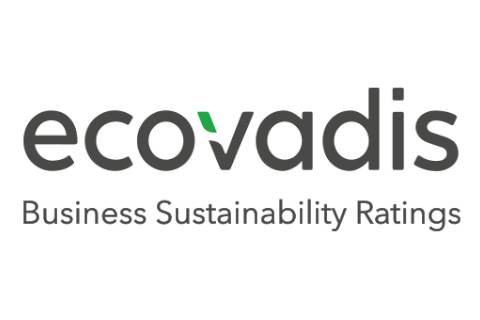“Our goal is for 100% of our key suppliers to meet defined sustainability standards.”
Qiyong Cui, Head of Supplier and Sustainability Management
Our Answer: Collaboration with Our Suppliers
We intend to work with our partners and suppliers to make our supply chains more sustainable. The results of TfS assessments/audits are therefore integral to our process of supplier evaluation. If the results are unsatisfactory, we will meet with the supplier to discuss potential improvements and will conduct reassessments or repeat audits to follow up on the supplier’s progress. Reassessments have resulted in improvements for roughly 60% of affected suppliers. Consistently poor results and lack of cooperation have consequences, and may ultimately lead to business relations being terminated.
Methods for Supplier Evaluation

Assessments
We partner with EcoVadis, a global rating agency for sustainable procurement management, to assess supplier sustainability.
Audits
TfS works with accredited, independent auditing firms to conduct standardized audits aimed at determining suppliers’ sustainability performance in terms of defined criteria.
The results (of an assessment or audit) are directly incorporated into the annual supplier evaluation, and have a significant impact on a supplier’s overall score as a result.
“By 2030, we will cut our absolute upstream greenhouse gas emissions by 25%.”
Dr. Erk Thorsten Heyen, Senior Vice President of Procurement and Logistics
Other Topics
Non-Conflict Minerals
We know that human rights violations are a possibility anytime minerals are mined. This is why we are intensely involved in all of the issues surrounding raw materials from mines, particularly when it comes to the four materials defined as “conflict minerals”: gold, tantalum, tin and tungsten. At least once per year, our suppliers conduct a regular inspection of the source mine and confirm this using the CMRT (Conflict Minerals Reporting Template). We would be happy to provide the current CMRT, which you may request from your WACKER partner.
Find out moreSustainable Palm Oil
Even though WACKER does not procure large quantities of palm (kernel) oil, we want to make sure that we obtain this renewable raw material from sustainable, certified sources. We seek RSPO certification for ourselves and have made it our goal to increase the proportion of certified material in the palm oil that we use.
Find out more
Contact
We would be happy to assist you with any questions you may have concerning sustainability at WACKER.
Send a message






